Block links to reports
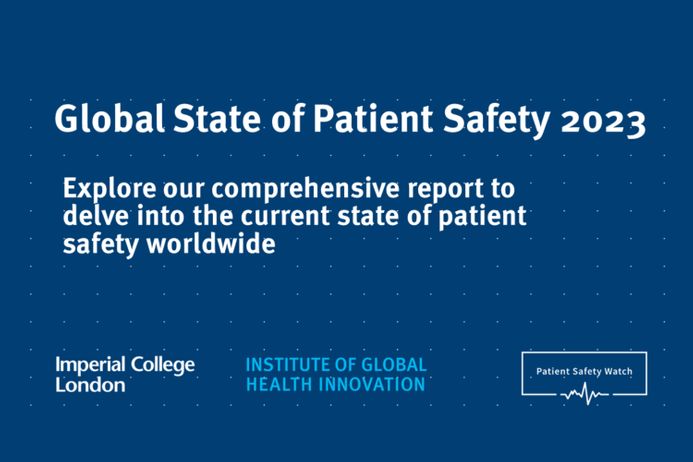
Global State of Patient Safety 2023 report
The Institute of Global Health Innovation at Imperial College London, commissioned by Patient Safety Watch, presents this analysis of the Global State of Patient Safety 2023.
Read the Global State of Patient Safety 2023 Report
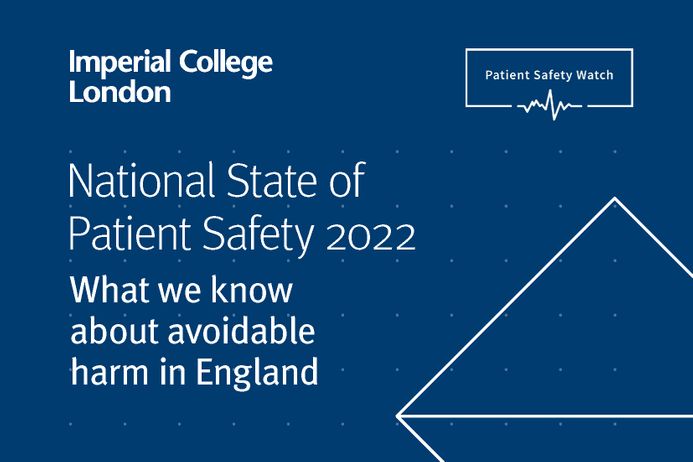
National State of Patient Safety 2022
The continuous improvement of patient safety is a priority for all modern healthcare systems. This report explores the progress made in England by the NHS over the past 15 years.
The report, “National State of Patient Safety 2022: What we know about avoidable harm in England ”, produced by the Patient Safety and Translational Research Centre (NIHR) and Centre for Health Policy at the Institute of Global Health Innovation (IGHI) and funded by the charity Patient Safety Watch, explores progress and identifies areas for improvement in patient safety nationally, based on analysis of publicly available data over the past 15 years.
Read the report: “National State of Patient Safety 2022” (PDF)
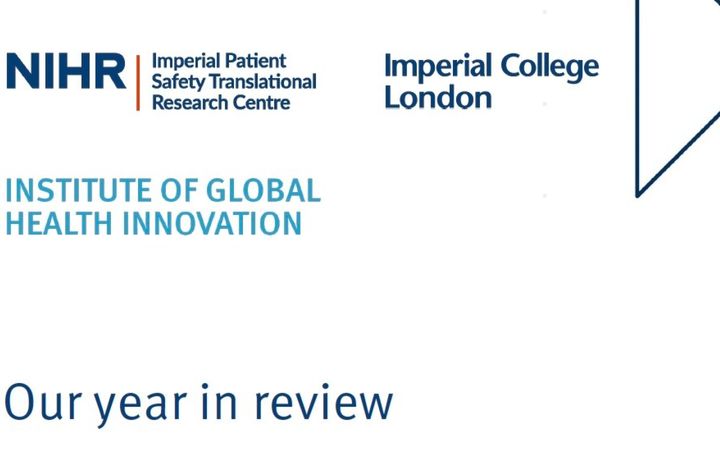
Our year in review, 2021
This report highlights a selection of our major moments over the past 12 months.
Through our work we’ve been generating new knowledge on a range of pressing and emerging patient safety areas; developing, testing and implementing safety innovations; and building patient safety networks to share knowledge and best practice.
Read the report: Our year in review, 2021
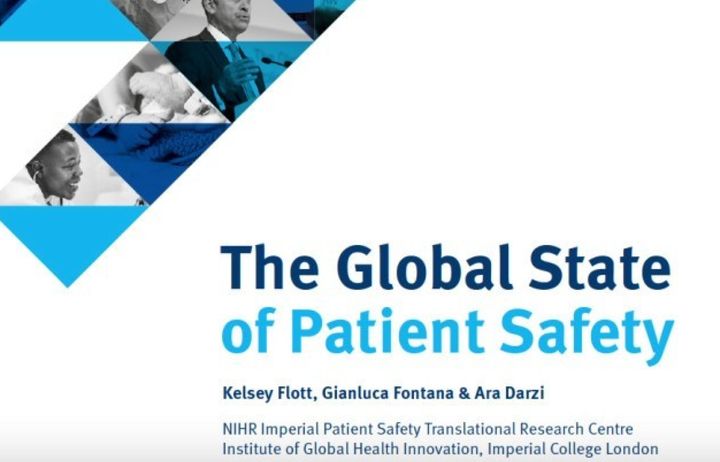
The global state of patient safety, 2019
Authors: Kelsey Flott, Gianluca Fontana and Ara Darzi
The increased profile of patient safety as a core element of universal health coverage and the advancements in the development and availability of new interventions make this a crucial time for the future of patient safety. There is a unique opportunity to significantly reduce harm and improve the lives of millions of patients and their families. The moment calls for ambitious visions and bold action, which we hope this report will stimulate.
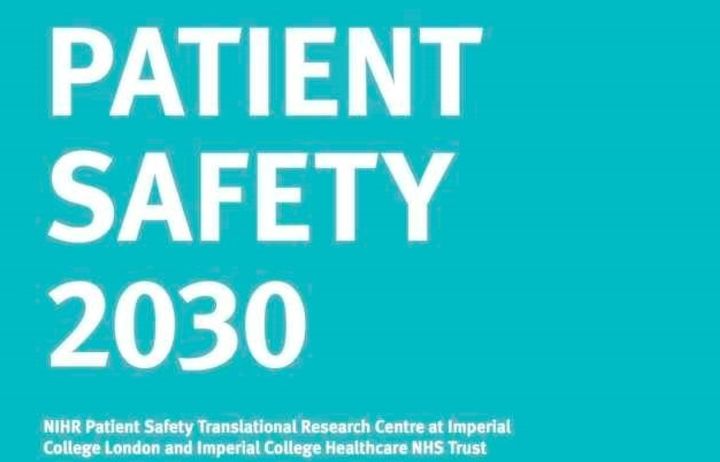
Patient safety 2030
Authors: Angela Yu, Kelsey Flott, Natasha Chainani, Gianluca Fontana and Ara Darzi
As we shift our attention to the next 15 years of patient safety, let us remind ourselves why we are here. For too long the mindset has been that patient harm is inevitable, about which nothing can be done. But keeping patients safe is a fundamental part of care. This is a call to action on many fronts and for many actors. Let us reflect on our collective insights from the past 15 years and let us charge forth wiser, committed and readied to shape truly safer systems in the journey to 2030.
Read the report here.
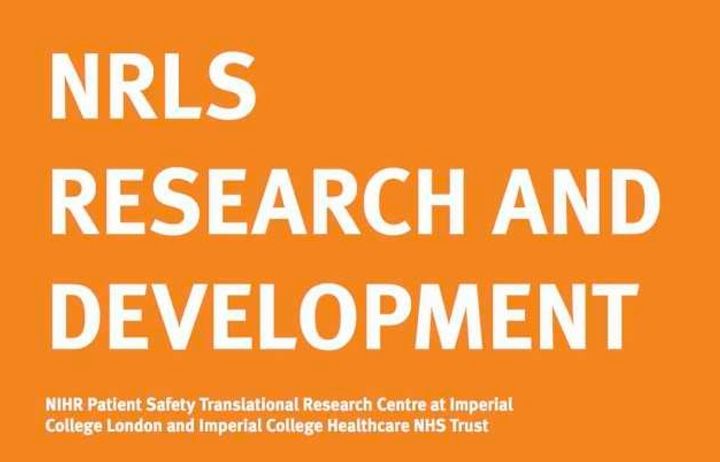
National Reporting and learning system Research and development
Authors: Erik Mayer, Kelsey Flott, Ryan Callahan and Ara Darzi
The future of the NRLS is rich in possibilities, and this report details the evidence base and technologies behind them. It details how we build a reporting platform to support shared learning, and an overarching system to enhance it. We must maintain a rm commitment to the principles of patient safety measurement, supporting a culture of transparency and openness when things go wrong and minimising avoidable harm in order to protect the patients we care for.
Read the report here.
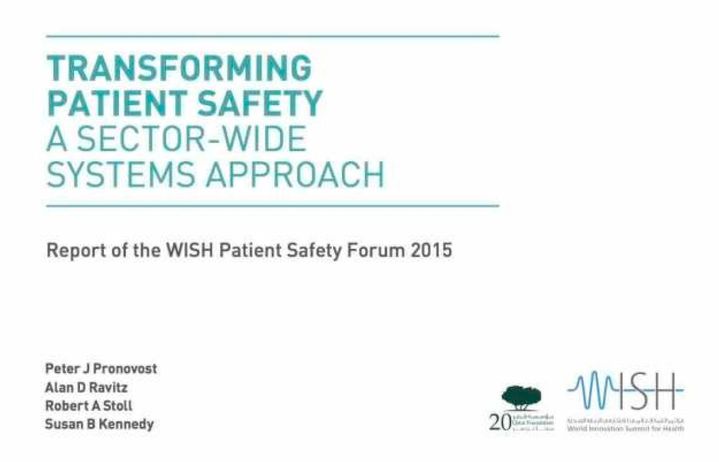
Transforming Patient Safety: A Sector-Wide Systems Approach
Authors: Peter J Pronovost, Alan D Ravitz, Robert A Stoll and Susan B Kennedy
If healthcare is to significantly reduce patient harm, a holistic perspective is necessary to capture the requirements and needs related to the culture, workflow, and technology associated with caring for patients. In this paper, we relate the problem to other industries and how these industries have addressed safety. We identify the current gaps in today’s healthcare approach and describe the actions that can be taken, and the change in mental models that must be made by the global healthcare community, to continuously improve patient safety.
Read the report here.
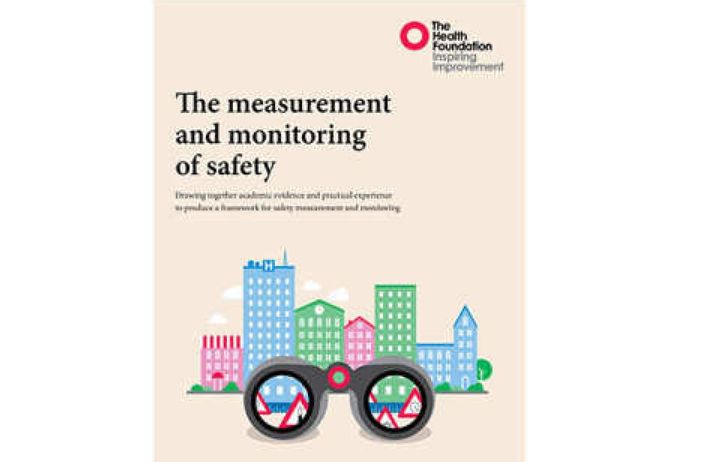
The Measurement and Monitoring of Safety: A framework for safety
Authors: Charles Vincent, Susan Burnett and Jane Carthey
There is now widespread acceptance and awareness of the problem of medical harm, and considerable efforts have been made to improve the safety of healthcare. But if we ask whether patients are any safer than they were 10 years ago, the answer is curiously elusive. Drawing upon evidence from a range of sources, a framework that brings together a number of conceptual and technical facets of safety is proposed.
Download from The Health Foundation website
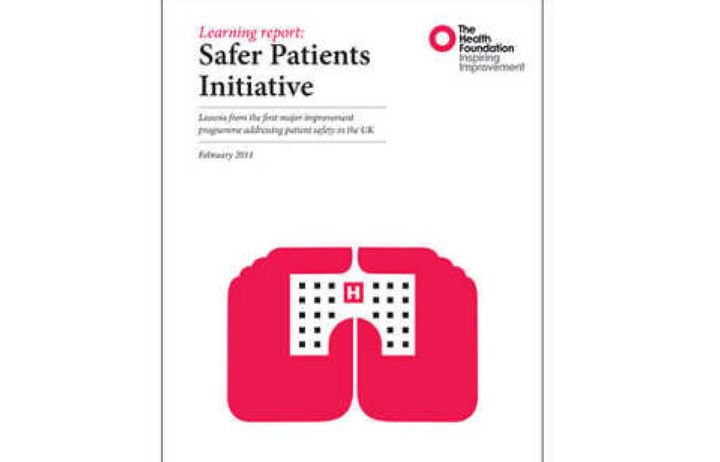
Safer Patient Initiative: Lessons from the first major improveme
The Safer Patients Initiative (SPI) was a large-scale intervention and the first major improvement programme addressing patient safety in the UK. The Health Foundation began the initiative to test ways of improving patient safety on an organisation-wide basis within hospitals across the UK. The programme increased awareness of avoidable harm, raised the profile of patient safety and helped provide the foundations for a wider safety movement, aimed at building and implementing safety improvement knowledge and skills.
Download from The Health Foundation website
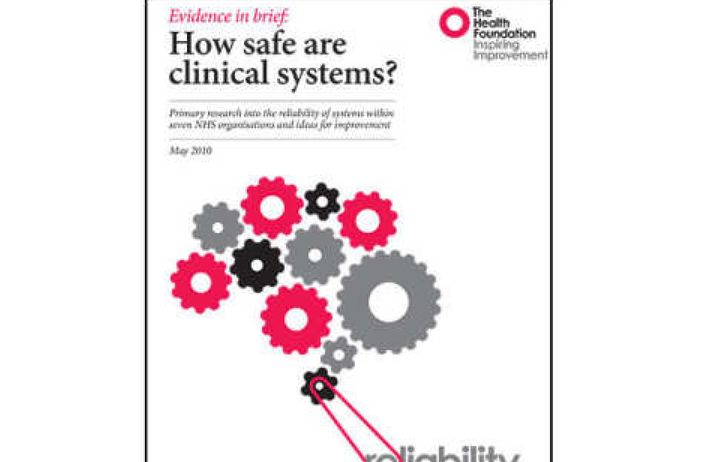
How Safe are Clinical Systems?
Authors: Susan Burnett, Matthew Cooke, Vashist Deelchand, Bryony Dean Franklin, Alison Holmes, Krishna Moorthy, Emmanuelle Savarit, Mark-Alexander Sujan, Amit Vats, Charles Vincent
The knowledge that poor systems can cause harm is not new, but the size of this problem has not been established systematically. This report provides groundbreaking evidence of the extent to which important clinical systems and processes fail, and the potential these failings have to harm patients.
Download from The Health Foundation website
